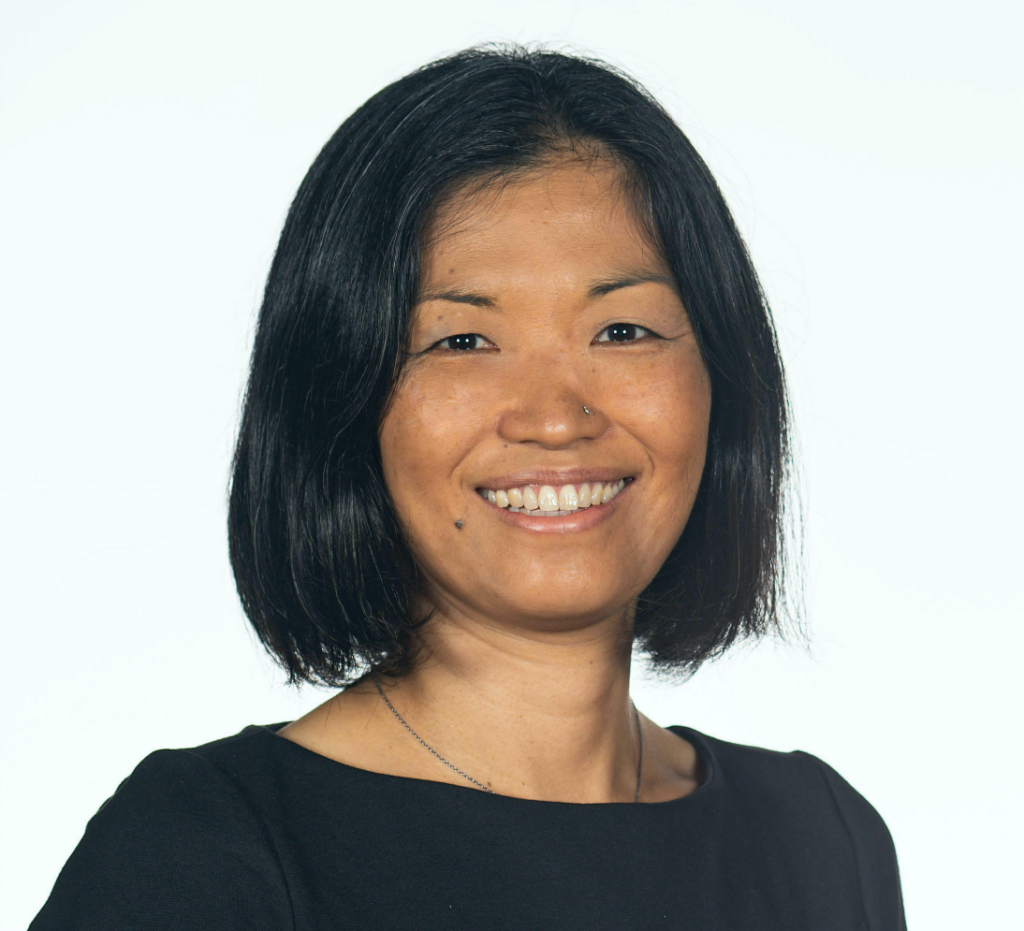A Georgetown University professor is conducting research on urban agricultural farming and social entrepreneurship in the food industry in an effort to promote environmental justice and food security in Washington, D.C.
Yuki Kato, a sociology professor at Georgetown University, is both a scholar and an activist as she examines access to resources for urban farming, which is the process of growing and distributing food in cities and is often divided along lines of race, class and age.
Kato said that her research and project explores the intersections of gentrification and food insecurity, as each of these issues impact larger economic and societal systems like commerce, housing and transportation.
Access to grocery stores and the composition of foodscapes — locations where individuals buy, obtain, prepare and eat food — is a consequence of gentrification, according to Kato.
“It’s not just about whether or not grocery stores exist in certain neighborhoods, but what kind of grocery stores open, what kind of restaurants are opening, which businesses are closing and those actually are a very important signifier and sometimes enable gentrification,” Kato said in an interview with The Hoya. “I would love for us to start to think more broadly about both causes and processes and consequences of gentrification beyond just housing.”

Food insecurity, the lack of reliable access to food, affected 400,000 D.C. residents before the COVID-19 pandemic and an additional 250,000 residents after the pandemic began.
Brianna Rodgers (COL ’22), a research assistant involved in Kato’s current project, said that another focus of the research includes analyzing the composition of land ownership in the District.
“We’re looking at how they’ve been able to access land, how they’ve been able to maintain that land, like access to land, in order to sustain their projects,” Rodgers said in an interview with The Hoya. “Then there’s also an archival component that’s looking at the history of land dispossession of African American and Black populations in D.C., specifically related to urban agriculture and arable land.”
Kato said that her current project focuses on environmental justice and how it pertains to social justice.
“A key difference between environmental justice and environmentalism is that environmental justice really comes out of the civil rights movement,” Kato said. “The fundamental concern is not about protecting the environment, per se, but it’s really about how the environment is a place and manifestation of social, particularly racial and economic, injustices.”
Kato is also working on another project about social entrepreneurship within the food industry. For this work, Kato and her undergraduate research assistant, Dana Choi (COL ’23), analyze Instagram posts of social entrepreneurs to see how they market their missions.
Kato and Choi’s research on social entrepreneurship could suggest that organizations selectively adapt their messages to consumers to appear more ethical, according to Choi.
“We hope that our findings demonstrate the heterogeneity of how the term “social enterprise” is constantly being reconstructed, revived, and co-opted in today’s marketplace to create the perception of an ethical enterprise,” Choi wrote to The Hoya.
These new projects on urban farming and social entrepreneurship come after Kato’s recent research exploring how COVID-19 impacted community gardens and urban farms in D.C., Virginia and Maryland communities. This project, conducted in collaboration with Caroline Boules, professor at the University of Maryland, is now in the process of analysis and publication, according to Kato.
Kato said that the ultimate goal of her research is to demonstrate the broader intersection between gentrification, the economy and the environment.
“I think what my research would hopefully remind people who are not just scholars and students but also the general public is to think about gentrification as changes in social and economic system at large,” Kato said.




















